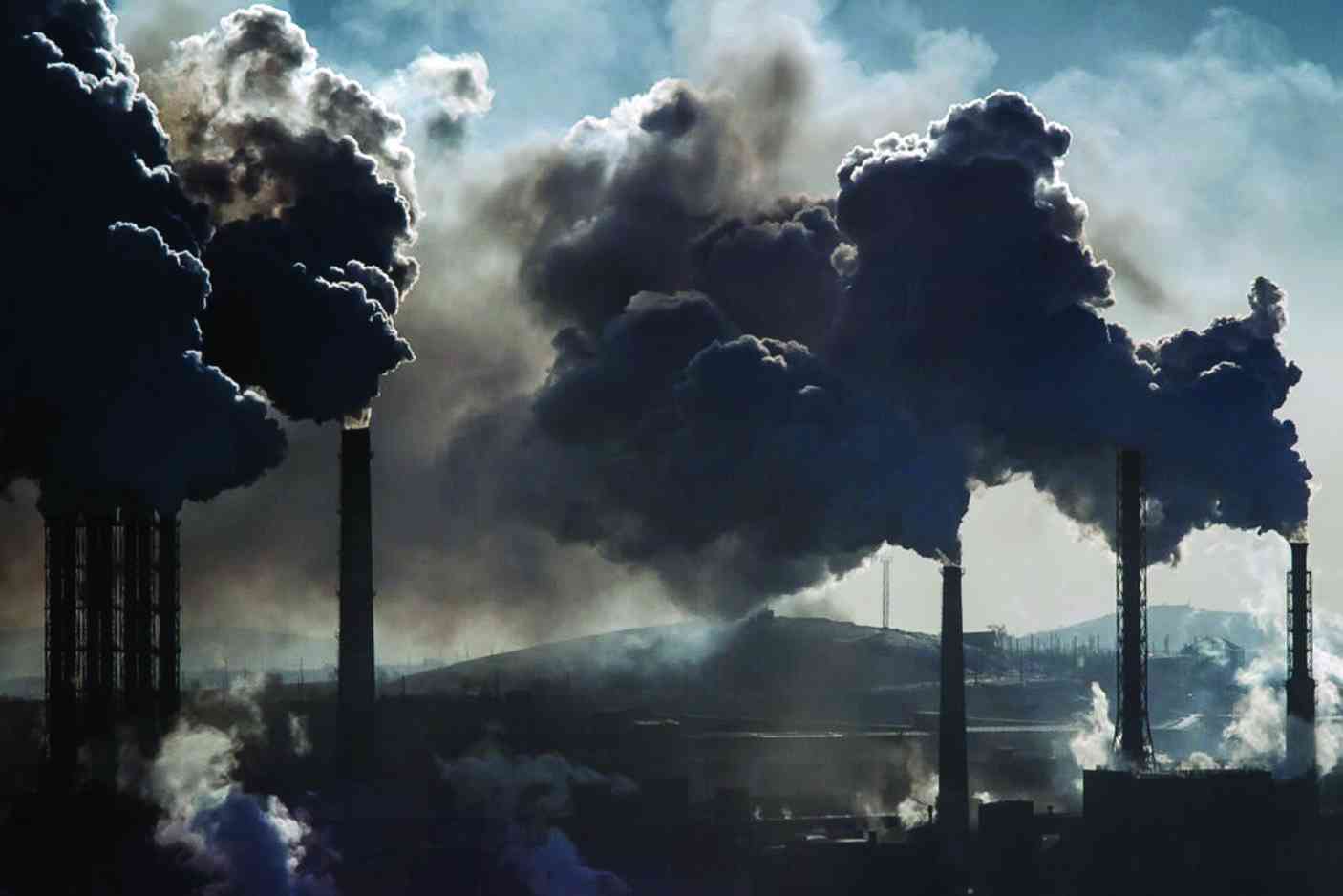
OVER the previous decade, Africa’s shift to renewable energy has been outstanding, with many countries working to enhance renewable energy capacity in recent years.
According to the International Renewable Energy Agency (Irena), an intergovernmental organisation tasked with facilitating co-operation, advancing knowledge, and promoting the adoption and sustainable use of renewable energy, Sub-Saharan Africa could meet up to 67% of its energy needs by 2030 with the right policies, regulation, governance, and access to financial markets.
The primary advantage of these energy resources is that they do not affect the environment by emitting greenhouse gases (GHG) into the atmosphere.
Carbon dioxide is emitted by fossil fuels, such as coal, natural gas, and oil.
These emissions become trapped in the atmosphere, causing climate change. Until now, there has been a heavy reliance on fossil fuels for power generation.
According to BP Statistics, the share of fossil fuels in total final energy consumption is predicted to fall to 30-50% by 2050, down from 77% in 2020.
However, given the environmental impact of GHG emissions, the emphasis is shifting toward renewable energy.
Renewable energy is obtained from natural sources of clean energy, such as sunshine, wind, tidal waves, biomass, and thermal energy stored in the Earth's crust.
- How Africa is building a different energy path
- EOS data analytics provides technology for modernising agriculture
- Zim agric production remains low: WB
- Collateral registry and access to credit
Keep Reading
It is frequently derived from renewable energy sources, albeit there are important distinctions between renewable and green energy that we shall discuss further below.
Furthermore, these energy sources are abundant and accessible in some manner throughout various locations. Furthermore, renewable energy aids in the reduction of energy imports and the use of fossil fuels.
As a result, countries around the world view renewable energy as a critical anchor that will aid in the energy transition, or the transfer from fossil-based systems to renewables.
This is reinforced by the 170 countries that vowed to harness their renewable energy potential by submitting Nationally Determined Contribution (NDC) targets as part of the 2015 Paris Agreement.
According to Statista, Egypt had the highest output of renewable energy generation in Africa as of 2020. That year, renewable energy generated over 18 terawatt hours of electricity in the country.
South Africa was close behind, with a production of approximately 16 terawatt hours. In general, renewable energy output in Africa is expanding. In the last two decades, the continent’s output has more than doubled, reaching 174 terawatt hours in 2020.
Based on a report released in March by the United Nations Conference on Trade and Development (UNCTAD), while access to energy has risen in recent years, more than half of Sub-Saharan Africa’s population still lacks access to power.
UNCTAD says that if more measures are not made, the region’s population without access to clean fuels could expand to over 1,1 billion in 2030, up from 923 million in 2020.
Africa has traditionally relied on hydropower, a renewable energy source. For decades, countries such as Egypt, Ghana, Zambia, Zimbabwe, and the Democratic Republic of the Congo have relied on hydropower for a significant portion of their electricity supply.
However, given the volatility of Africa's water supplies, which is unlikely to improve as climate change continues to disrupt rainfall patterns, hydropower will not draw the majority of future investment.
Solar, wind, and, given the right conditions, geothermal and marine energy could be where the money goes as investors, who stayed away from Africa during the Covid outbreak recover confidence.
By 2022, Africa was host to 62GW of all forms of renewable energy capacity, including solar, wind, hydropower and geothermal, according to Irena.
That is more than twice as much capacity as a decade ago. The share of solar and wind energy, which was insignificant in 2012, now makes about one-third of the overall capacity.
According to the African Energy Chamber’s The State of African Energy: 2023 Outlook, a number of foreign renewables investors and developers are now well-established on the continent. These include CWP Global, an investor with its headquarters in Serbia, Scatec, a developer with its headquarters in Norway, and players from the Middle East like Masdar and Hassan Allam.
The Zimbabwe Energy Regulatory Authority respects the long-term effects of renewable energy sources on the nation's grid of electrical availability.
The authority claims on its website that it still plays a key role in encouraging higher adoption and investment in renewable energy technologies.
Solar photovoltaic, biomass (bagasse and forest waste), geothermal, large and small hydro power plants, and wind are just a few of the numerous renewable energy sources that can be used in Zimbabwe at different scales.
Electric cars are easy to charge, enjoyable to drive, and less expensive to fuel and maintain than conventional cars. They contribute to the pure air on the local roads and interstates where they go.
Africa must spread awareness of and promote the quick adoption of electric vehicles. With a burgeoning selection of electric transportation options, including delivery vans, public transportation buses, school buses, bicycles and scooters.
- Denhere is a freelance journalist, business development strategist, and social justice activist. He is happy to have any chance to promote renewable energy throughout Africa. — enosdenhere@gmail.com or +263 773 894 975.






